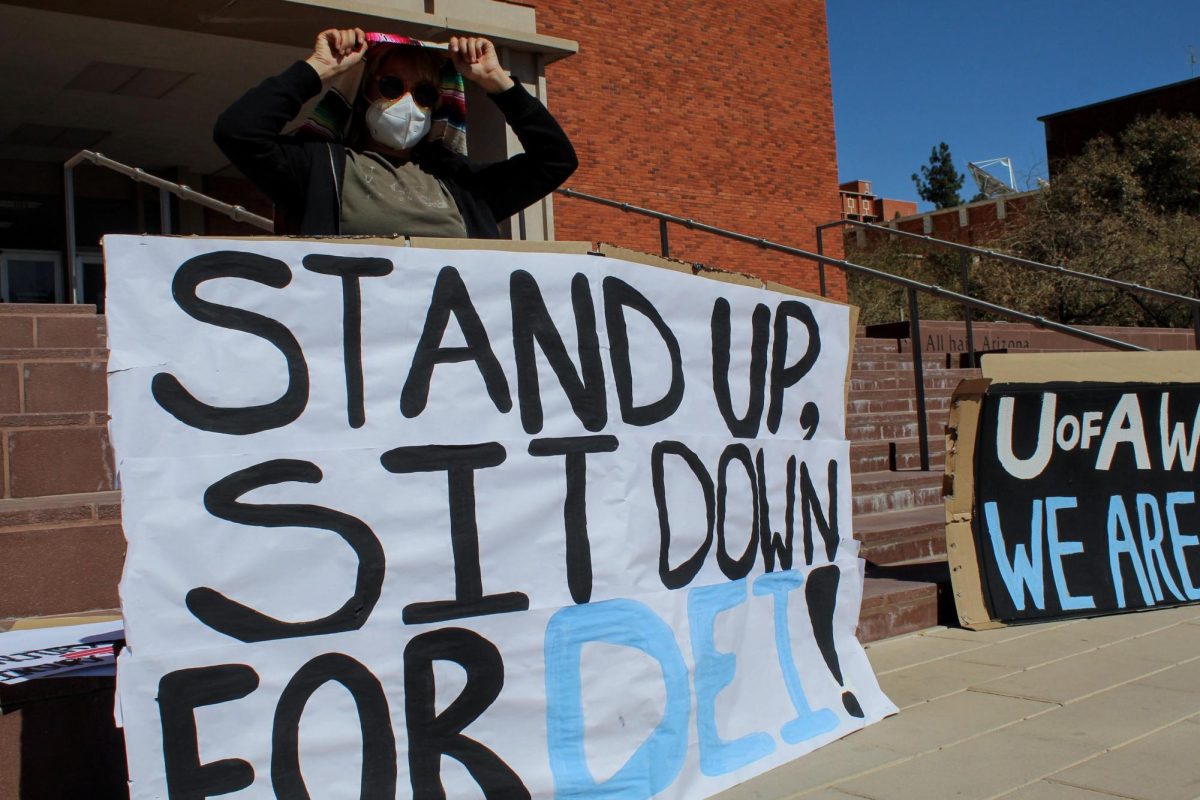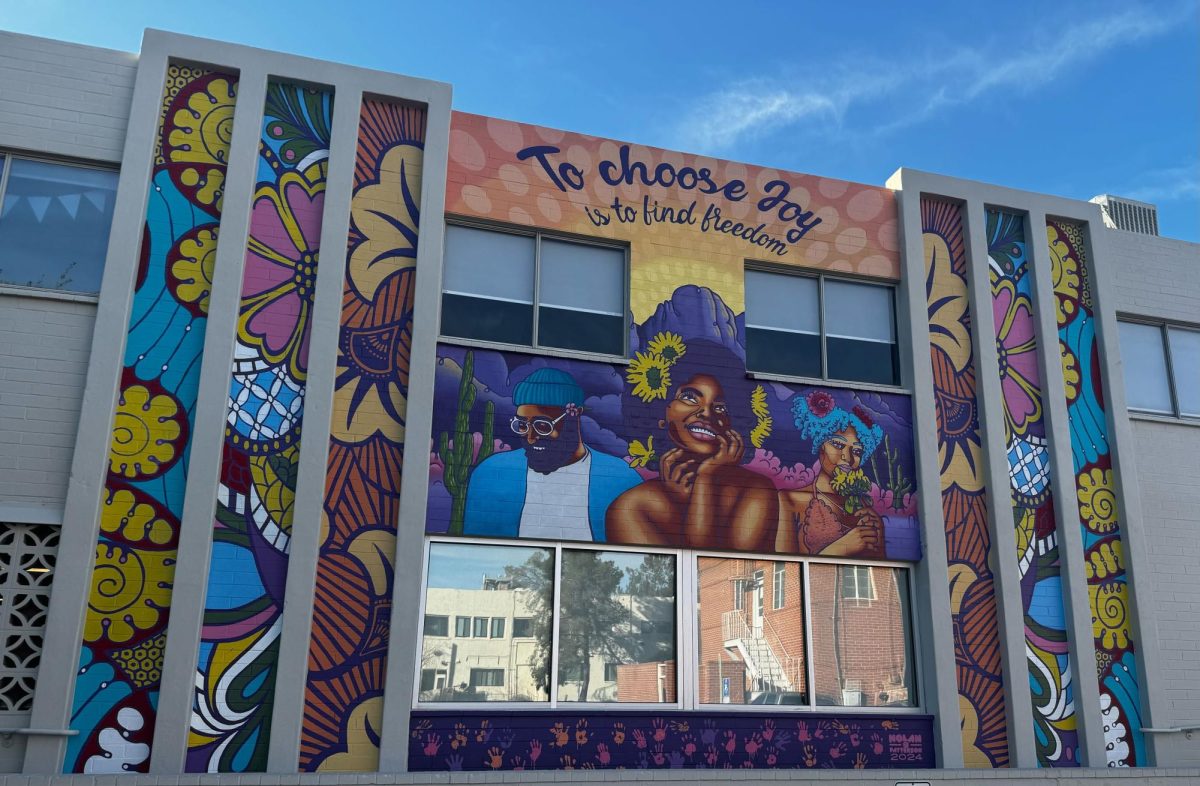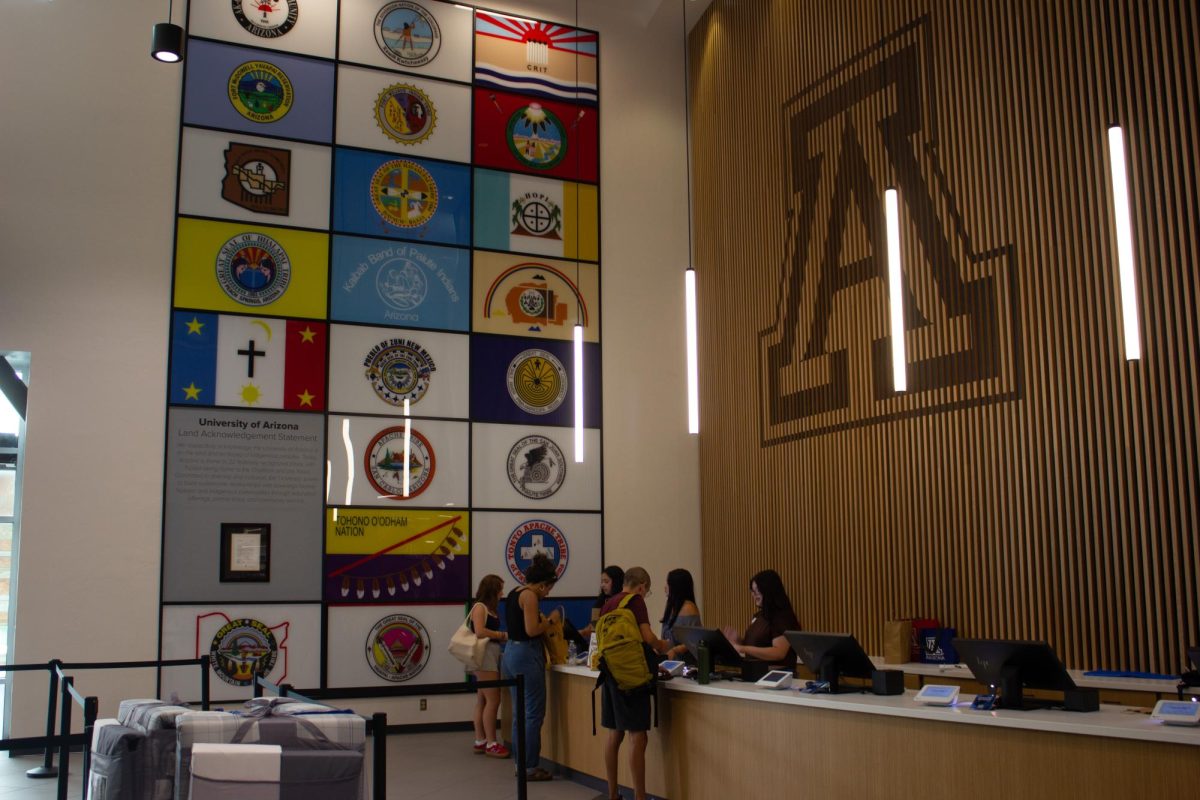Recent gun violence in the U.S. has called into question, more than ever, the language of the Second Amendment and its relevance in today’s society.
The Second Amendment of the U.S. Constitution reads: “A well-regulated militia, being necessary to the security of the State, the right of the people to keep and bear Arms, shall not be infringed.”
Times have changed since the Constitution’s ratification in 1789, and many think that the response to these changes is to take another look at the amendment. According to the Washington Free Beacon, last month, former Secretary of State Hillary Clinton once again criticized the Supreme Court’s controversial 2008 ruling in the District of Colombia v. Heller case, which found strict regulation of gun ownership to be unconstitutional.
“And here again, the Supreme Court is wrong on the Second Amendment, and I am going to make that case every chance I get,” Clinton said.
It is not just politicians that think the Second Amendment may be in need of re-interperitation. Danya Michael, a second-year law student at the James E. Rogers College of Law, said she also thinks it should be interpreted with the times.
“I think that the law is fluid and that, as far as our constitution goes, it’s interpreted to adjust to our times,” Michael said. “I believe that our amendments don’t necessarily need to change, it’s the interpretations maybe that could use some tweaking.”
Despite her criticism of those interpretations, Michael is against stricter gun control laws.
“I think right now the Second Amendment is accurate where it’s at,” Michael said. “If anything we need to allow more good guys to have guns.”
Still, Michael does not see a clear solution to preventing gun-related violence.
“There is a whole slew of reasons why people choose to do what they do,” she said. “Whether it’s mental health, or impoverishment, I don’t know.”
Andrew Rhoades, a first-year English grad student, who is active in the discussion about gun control, disagrees with his fellow liberals about the passing of more restrictive gun laws.
“Well, let’s look at the language,” Rhoades said. “[The founding fathers] wrote the right ‘to keep and bear arms,’ which is a sort of vague language. There are large freedoms that exist within that language—it’s been up to the Supreme Court to decide which ones should be upheld.”
Rhoades explained that critics of the Second Amendment typically fall into two camps. The first are those who defend the founding fathers and say that the Constitution should stay the same.
“But sometimes people try to put words in the mouths of the founding fathers,” Rhoades said, explaining that what the founders wanted was not a Constitution that remained static, but one that could be revised to fit the changing times. This revisionist group makes up the second group of critics.
One argument cited by politicians pushing for new gun control laws is that of the effectiveness of Australia’s 1996 Prohibited Weapons Act, which banned guns and launched a buy-back program, where governments exchange money for citizens’ firearms. Last week, Clinton said that similar measures were “worth looking into.”
Rhoades said that the rhetoric of such arguments is wholly unrealistic.
“The culture is entrenched in the love of guns. The [National Rifle Association] is too powerful, and there are already too many guns,” Rhoades said, explaining why passing restrictive gun laws would be unfeasible. “Maybe if the country were smaller, had a different history, had a different culture—then maybe the laws would work.”
There is an indirect solution to reducing gun violence, Rhoades explained, that doesn’t involve fiddling with the constitution or focusing legislation toward guns. He feels that mental illness and poverty are overarching issues that need to be addressed.
“Where there is poverty, there’s going to be violence,” Rhoades said. “I think that if we focus on the human issues, then naturally there will be a reduction of violent crimes.”
Follow Andy Alvarado on Twitter.









